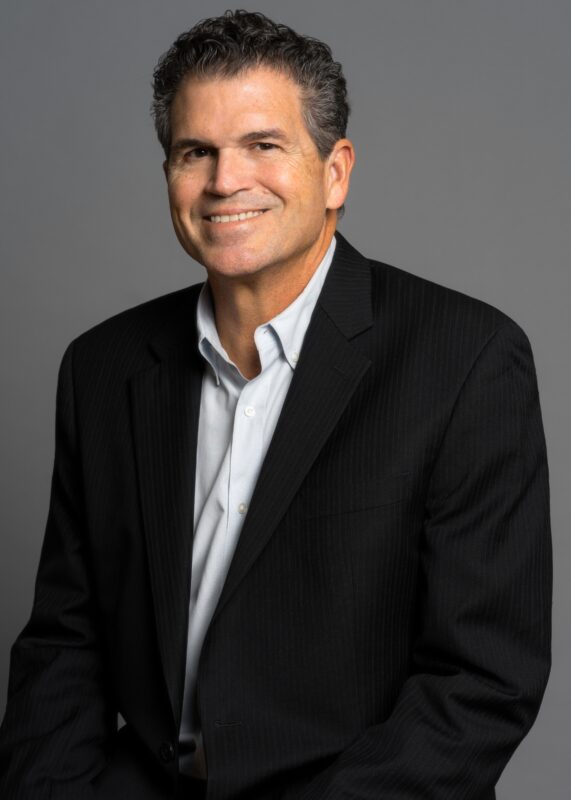
Leidos named Michael Jackman Health Group chief operating officer in January, and he has since overseen the group’s daily operations and is working closely with the leadership teams to deliver platforms and services that help address current health care challenges.
And while Jackman has been with Leidos for a few months, the company has a 50-year legacy of deep engineering and novel complex systems integration, employing health IT experts who deliver solutions from bench to bedside while maintaining a high work ethic and integrity.
According to Jackman, the challenges associated with the cost of health care and the shortages of resources, nurses and doctors continues to build a huge growth of health care needs for efficiency and better outcomes. In response, “Leidos is focused on enhancing patient care and transforming service delivery models through digital transformation to revolutionize the future of health care,” Jackman said.
The company works with a variety of commercial hospitals and federal health customers including the Centers for Medicaid Services, the departments of Veterans Affairs and Defense, and the National Cancer Institute. Leidos also serves the health care industry broadly from life sciences to electronic health records and integrations and deployments.
Plus, the company has more than 2,000 life science professionals working on vaccine developments for diseases like malaria, zika, ebola and now COVID-19.
“Leidos has an impressive breadth of skills and capabilities, which enable us to deliver the innovation required to transform healthcare and deliver better outcomes for the patient,” Jackman said.
And even as the company has delivered applications and workflows for better outcomes for several decades, it’s constantly looking for ways to integrate emerging technologies to enhance customer missions.
“We have developed a modern application as a service platform, which we use to deliver modern applications with speed and agility,” Jackman said. “The company has the ability to efficiently modernize legacy applications and develop new processes and workflows without having to do entire enterprise upgrade all at once.”
For example, Leidos recently launched a careC2 Command Center, a product that gives health providers real-time metrics, shared awareness and proactive notifications to improve the flow of patient care.
Why Watch:
Clinicians, nurses and others on the care team are challenged with complex and inefficient workflows, and many don’t have sufficient time to enter information and document in real-time. So, Leidos is working on improving these workflows, and to input meaningful and essential information directly into the clinical workflows to drive better outcomes.
And by leveraging the careC2 platform, Leidos’ teams are focused on delivering solutions that will improve the flow of data into various operational workflows in delivery. For example, it has developed a command center for hospital emergency departments that manages and improves operational efficacy and patient flow with real-time automated alerts, notifications and patient tracking.
In 2020, Leidos will continue supporting the need for health care interoperability and open standards to deliver better patient care and outcomes.
“Our customers have a significant need for digital transformation and we’ll continue to modernize their legacy platforms using cloud capabilities, [artificial intelligence/machine learning]and emerging technologies,” Jackman said. “Leidos will continue to be a trusted partner that provides innovative solutions for health customers’ toughest challenges.”

